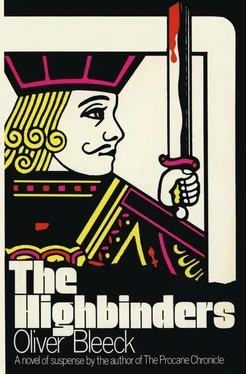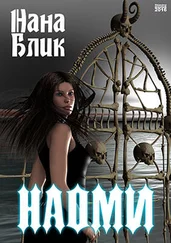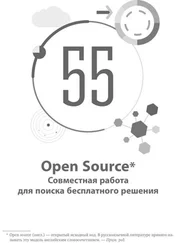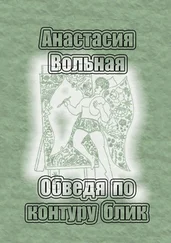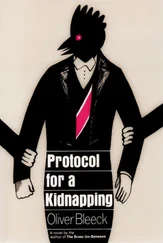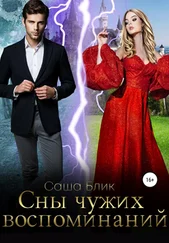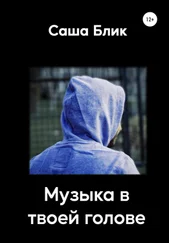If you are good enough and, for all I know, smooth enough, you can join the Royal College of Surgeons, hang out your shingle on Harley Street, and call yourself Mister instead of Doctor, which is the same logic that the British fell back on when they started calling their private schools public.
I had met Daniel Defoe about a dozen years before, just after he had opened his office on Harley Street and started calling himself Mr and sending out his bills in nice round guinea figures. I had met him at an all-night poker game where he had informed me that yes, he was descended from the writer; that he was Defoe’s great-great-great nephew or something, and that no, he didn’t believe that I had filled my flush. He had been right and he had won nearly enough in that particular pot to furnish his reception room. He also had become our family doctor, if Harley Streeters can be considered such, and my former wife had gone to him several times for various mild complaints while I had gone to him once with an ingrown toenail, just to make sure that he didn’t lose the common touch.
We hadn’t seen each other for three or four years, not since the last time he had been in New York, and so we spent fifteen minutes catching up on whatever gossip we still had in common and in my admiring his newly decorated consultation room.
“I can see that a lot of thought as well as a few buckets of tonsils went into all this,” I said. “You driving a Rolls yet?”
He smiled. He could charge an extra five guineas for that smile alone. “Since last year, I call it my Vasectomy V-8.”
“You do a lot of those?”
“I’ve suddenly become the bloody authority. It’s a two-or three-quid operation, you know. But nobody wants that. There’s something about the family jewels that demands the expert’s touch. So I pop them into hospital overnight, in a private room, of course, snip away for five minutes, send them a bill for a hundred guineas, and they’re delighted. I did more than two hundred of the things last year. Quite a few chaps from Scotland Yard for some reason.”
“Cops get a lot of free ass,” I said.
“Do they really?”
“They say they do anyway.”
Mr Defoe looked at me. It was his diagnostic look, I thought. He had a handsome, strongboned face, the kind that women adore and men don’t mind. His eyes were a large dark brown with a hint of pain in their depths, which all fine doctors have, and even some bad ones. His hair was carefully tousled and getting just a little gray and I found myself wishing that I had something wrong with me that he could take a look at. A bad hangnail would do.
“Are you over here on holiday or are you on one of those odd jobs that you do now and again?” he said.
“I’m working.”
He smiled once more. “Does it hurt?”
“Only in the mornings when I have to get up.”
“I suppose I should envy you, Philip, but I still like what I’m doing so marvelously well that I don’t have time.”
“I don’t want to take up any more of it,” I said. “Although I thought we might have dinner before I go back.”
“Or a game,” he said.
“If you can round up some fish.”
“No trouble. What else is on your mind?”
“Somebody slipped something into my drink the other day.”
“What happened?”
“Cramps. Then nausea followed by a terrific high. Euphoria, really. Then I blacked out.”
“You weren’t drinking a great deal, were you?”
“It was my only drink all day.”
“What was it, Scotch?”
“Yes.”
“Did you notice any taste?”
I thought back. “It might have tasted a little bitter, but I’m not sure.”
“How much do you smoke now?”
I shrugged. “Three packs a day.”
“Dear God! What can you taste?”
“Salt. I can taste salt.”
“Well, I can tell you what it could have been, although I can’t be certain.”
“Of course.”
“Morphine.”
“Would that do it?”
He nodded. “I think thirty milligrams — a half-grain — might do it and you might not notice it if the Scotch were bad and the taste buds ruined, as yours seem to be. You wouldn’t have built up any tolerance for it either and that could have produced the symptoms you described.”
“I was just curious.”
“Did you like it?”
“What?”
“The euphoria.”
“Sure,” I said. “I was crazy about it.”
Mr. Daniel Defoe nodded gloomily. “I was afraid you might be,” he said.
At eleven o’clock that night the deep voice behind me said, “Well, well, well, well, well. If it isn’t Philip St. Ives, the honest messenger boy.” He made me sound like an Horatio Alger novel. The worst one.
I turned. He was still as tall as he had always been, around six-foot-seven, but a lot heavier, at least 250 or 275 pounds. It’s hard to guess accurately when it gets up that high.
His name was Wesley Cagle and his chief claim to fame was that he had once played football for Princeton and later the St. Louis Cardinals. Tight end, I think, but he hadn’t been much good as a pro and had lasted only two seasons. Years back, I had done a column on him when he had gone to work for Meyer Lansky as a “public relations consultant.” He hadn’t liked the column much, which was probably because I hadn’t liked him much, and it had showed.
“You’re fat, Wes,” I said because it was the first nasty thing that came to mind.
He slapped his gut which bulged against the studs of his dress shirt. He wore his dinner jacket well, which is something that few really big men can do without looking like an extra waiter. Only a few pounds,” he said. “They give me a touch of dignity, which is something this joint can use.”
I looked around. Shields Gambling Emporium was a gaudy, glittering place with rows of heavy chandeliers, lots of red plush, dark mahogany, brass spittoons, and anything else that would make it look as though it had begun operation in 1894. In the background I could hear the gambling sounds: the slap of cards, the croupiers’ drone, the spinning balls, and the clicking chips.
“What do you do here, Wes, shave the dice?”
“I’m what is known as the deputy managing director.” He made a small bow. “Welcome to Shields, Mr. St. Ives, and I hope you lose your teeth. Drink?”
“Why not?”
We went over to a bar where a well-dressed gray-haired man stood, a drink in his hand, and tears streaming down his cheeks. I moved farther on down the bar and Cagle followed.
We ordered drinks and Cagle nodded toward the gray-haired man at the bar. “He dropped a thousand that he doesn’t have or can’t afford so I bought him a drink.”
“Well, that’s what you get for going to Princeton. Decent instincts.”
The fat hadn’t yet reached Cagle’s face. It was still mostly planes and angles and handsome enough if you don’t mind a thrice-broken nose. When he smiled, I saw that he had either had his teeth capped or had got some brand new ones.
“I got a call about you today,” he said. “From an old friend.”
“It must have been one of mine then. You don’t have any friends. Not old ones anyhow.” I don’t know why I needled him. He seemed to be trying to be nice and if he got tired of that, he could always hammer me into the rug with one hand.
“English Eddie Apex,” Cagle said.
“Good old Eddie.”
“Eddie said to give you the run of the place.”
“Did he say anything about credit?”
“He said you could use your own money. He also said that there’s somebody here that you might want to meet. Robin Styles.”
I nodded. “Is he here?”
“He’s always here,” Cagle said.
“Does he win or lose?”
Читать дальше
